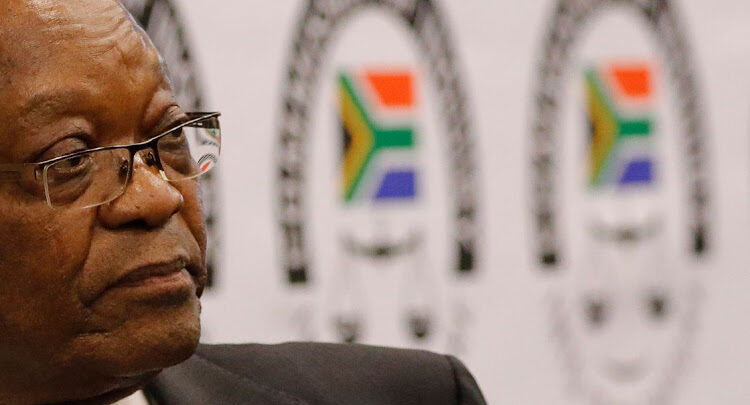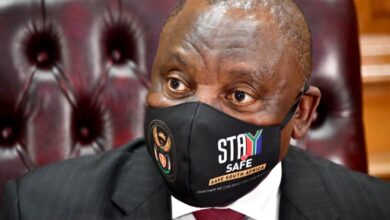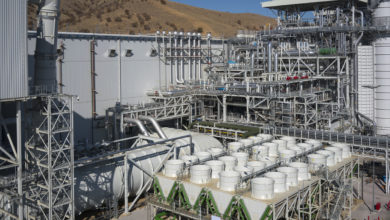South Africa
South African Former President Jacob Zuma Urges Court To Stop His Arrest

Former South African President Jacob Zuma on Tuesday urged a regional court to block his arrest as he pursues legal challenges against a prison sentence, reported Aljazeera.
Mr. Zuma’s lawyers called on the Pietermaritzburg High Court in KwaZulu-Natal province to block the Constitutional Court’s order issued last week that sentenced Mr. Zuma to 15 months in prison for defying an order to give evidence at a corruption inquiry in February.
Last week, the court ordered the police to arrest the former South African president by the end of Wednesday if he did not hand himself in.
The lawyers argued that the court should stop the police from arresting him until the South African Constitutional Court rules on his application to rescind the sentence, which will be heard on July 12. The court found him guilty of contempt after he failed to obey the court’s order to appear before the commission investigating allegations of corruption when he was president from 2009 to 2018.
He is accused of allowing three Indian-born businessmen, Atul, Ajay, and Rajesh Gupta, to exploit state resources and influence the policies of the government. He and the Gupta brothers deny doing any wrongdoing.
Zuma lashed out at the judges and compared them with the white minority apartheid rulers he once fought. He said that the sentence, given his advanced age and the ongoing Covid pandemic, was equivalent to sentencing him to death.
On Friday, he filed an application with the Constitutional Court to rescind his sentence. The South African court also agreed to hear Zuma’s application to rescind the judgment where the former president cited his age, health condition, and other unspecified reasons. The hearing is set to take place on Monday, July 12.
The African National Congress also condemned the actions of Zuma’s supporters and urged support for the rule of law.




